COURSE OVERVIEW
FE0570 : API 579-1/ASME FFS-1: Fitness-for-Service (FFS) of Process Plant Equipment, Pressure Vessels, Piping & Storage Facilities
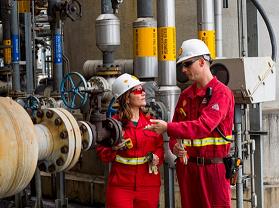
OVERVIEW
| COURSE TITLE | : | FE0570 : API 579-1/ASME FFS-1: Fitness-for-Service (FFS) of Process Plant Equipment, Pressure Vessels, Piping & Storage Facilities |
| COURSE DATE | : | Jul 28 - Aug 01 2024 |
| DURATION | : | 5 Days |
| INSTRUCTOR | : | Mr. Steve Magalios |
| VENUE | : | Dubai, UAE |
| COURSE FEE | : | $ 5500 |
| Request For Course | ||
OTHER SCHEDULED DATES
| Date | : | Apr 21 - Apr 25 (5 Days) | Location | : | Doha, Qatar | Classroom Fee (US$) | : | $ 6000 | Course Info |
| Date | : | Jul 28 - Aug 01 (5 Days) | Location | : | Dubai, UAE | Classroom Fee (US$) | : | $ 5500 | Course Info |
| Date | : | Oct 28 - Nov 01 (5 Days) | Location | : | Abu Dhabi, UAE | Classroom Fee (US$) | : | $ 5500 | Course Info |
Course Description
This practical and highly-interactive course includes various practical sessions and exercises. Theory learnt will be applied using our state-of-the-art simulators. This course is designed to provide participants with a detailed and up-to-date overview of fitness-for-service (FFS) of process plant equipment, pressure vessels, piping and storage facilities in accordance with API 579-1/ASME FFS-1. It covers the API 579 and ASME FFS-1 standards; the fitness-for-service assessment procedure; the concept of remaining strength factor (RSF); the FFS and degradation mechanisms; the brittle fracture, pitting corrosion, blisters, HIC, SOHIC, distortion, crack-like flaws, creep, dent and gouges, laminations, wall thinning, cracking, embrittlement and mechanical damage; the FFS procedures and level of assessment; and the ASME FFS-1/API-579 procedure, API/ASME FFS levels of assessment, general FFS assessment procedure and failure prevention. Further, the course will also discuss the piping codes B31, boiler and pressure vessel code sections, storage tanks, other codes and standards, post-construction codes and design margin piping systems; the FFS pipeline, piping, PV and tank; the systematic assessment of existing equipment for brittle fracture; and the brittle fracture features, brittle fracture and material behavior, brittle fracture risk factors and safeguards against brittle fracture. During this interactive course, participants will learn the measurement of toughness visually; the critical exposure temperature, applicability and limitations of the procedure and data requirements; the assessment techniques and acceptance criteria; the remaining life assessment acceptability for continued service; the assessment of general metal loss and its applicability, limitations and inspection data/thickness measurements; the UT measurements, burst prevention, NDE data mapping and visual examination; the assessment of local thin area; the thickness readings, stress analysis and piping assessment; the proper assessment of pitting corrosion, laminations, weld misalignment, shell distortion, dents, gouges, crack-like flaws, creep and fire damage; the fitness for service assessment for a drilling platform structure and piping following fire damage; the assessment of hydrogen blisters and hydrogen damage as well as fatigue and API 574 piping inspection; and the risk-based inspection, inspection planning and equipment screening.
TRAINING METHODOLOGY
This interactive training course includes the following training methodologies as a percentage of the total tuition hours
LecturesWorkshops & Work Presentations
Case Studies & Practical Exercises
Videos, Software & Simulators
In an unlikely event, the course instructor may modify the above training methodology before or during the course for technical reasons.
VIRTUAL TRAINING (IF APPLICABLE)
If this course is delivered online as a Virtual Training, the following limitations will be applicable
| Certificates | : | Only soft copy certificates will be issued to participants through Haward’s Portal. This includes Wallet Card Certificates if applicable |
| Training Materials | : | Only soft copy Training Materials (PDF format) will be issued to participant through the Virtual Training Platform |
| Training Methodology | : | 80% of the program will be theory and 20% will be practical sessions, exercises, case studies, simulators or videos |
| Training Program | : | The training will be for 4 hours per day starting at 09:30 and ending at 13:30 |
| H-STK Smart Training Kit | : | Not Applicable |
| Hands-on Practical Workshops | : | Not Applicable |
| Site Visit | : | Not Applicable |
| Simulators | : | Only software simulators will be used in the virtual courses. Hardware simulators are not applicable and will not be used in Virtual Training |
RELATED COURSES
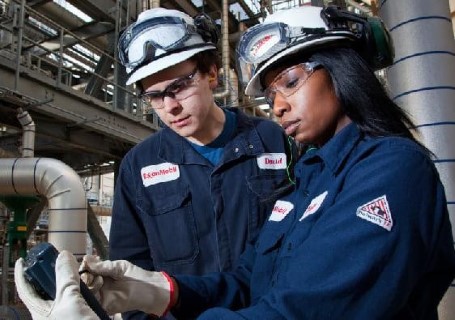
FE0935 : API 571: Damage Mechanisms Affecting Fixed Equipment in the Refining, Petrochemical & Petroleum Industries (API Exam Preparation Training)
- Date : Nov 12 -Nov 16 / 3 Days
- Location : Istanbul, Turkey
- Course Details Register
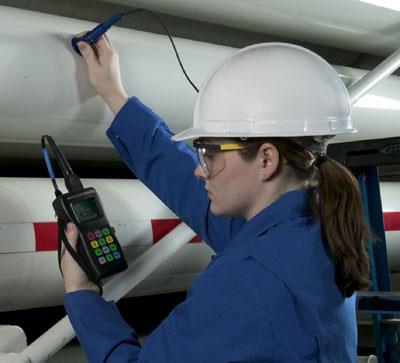
FE0700 : API 570: Piping Inspector (API Exam Preparation Training)
- Date : Jan 19 -Jan 23 / 3 Days
- Location : Dubai, UAE
- Course Details Register
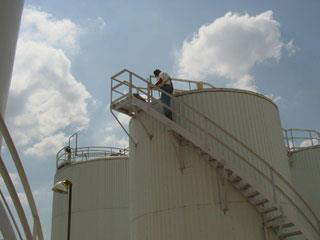
FE0710 : API 653: Aboveground Storage Tank Inspector (API Exam Preparation Training)
- Date : Dec 08 -Dec 12 / 3 Days
- Location : Istanbul, Turkey
- Course Details Register
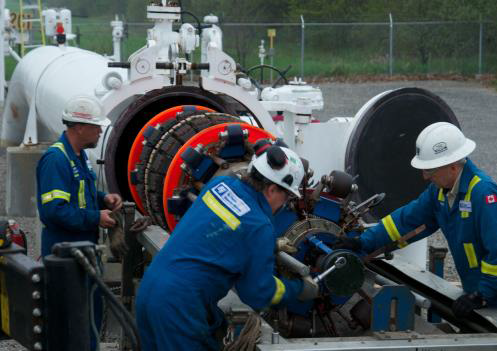
FE0200 : Pipeline Pigging - Technical & Operational Aspects
- Date : Dec 16 -Dec 19 / 3 Days
- Location : Dubai, UAE
- Course Details Register
